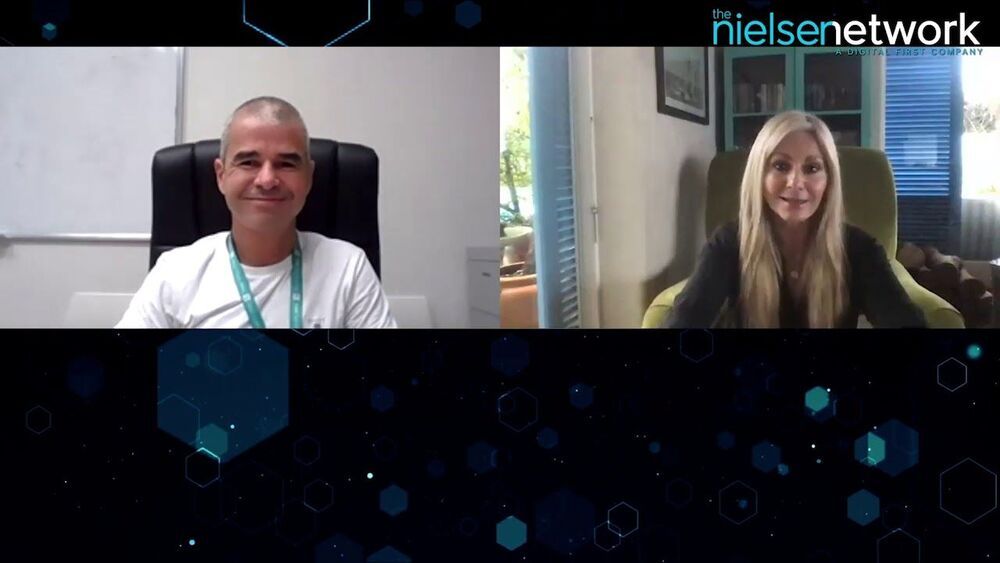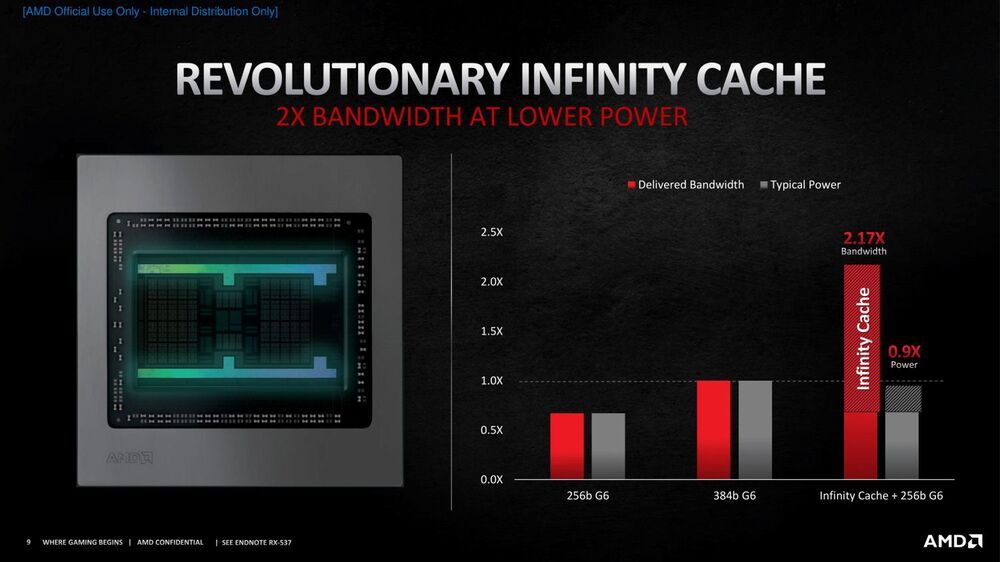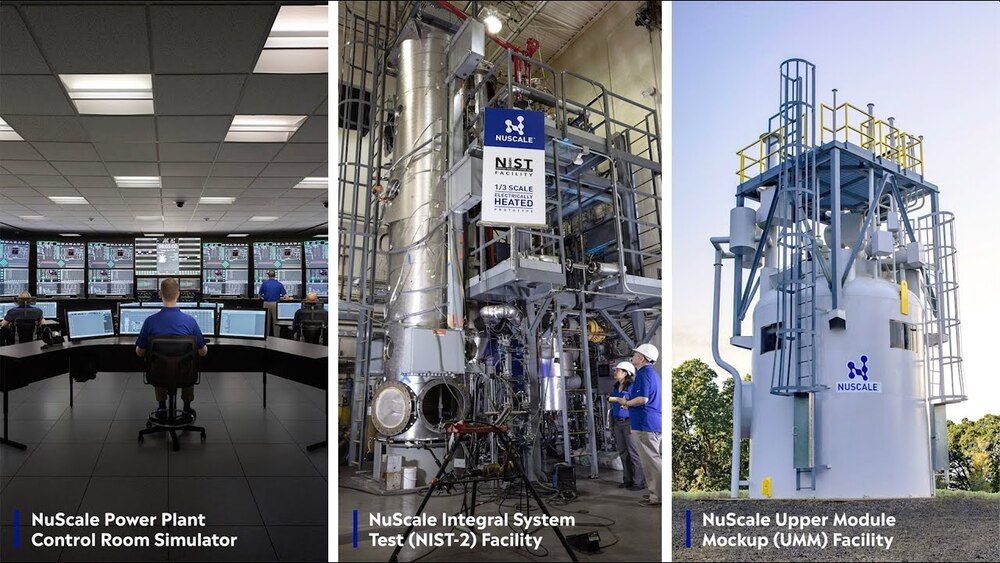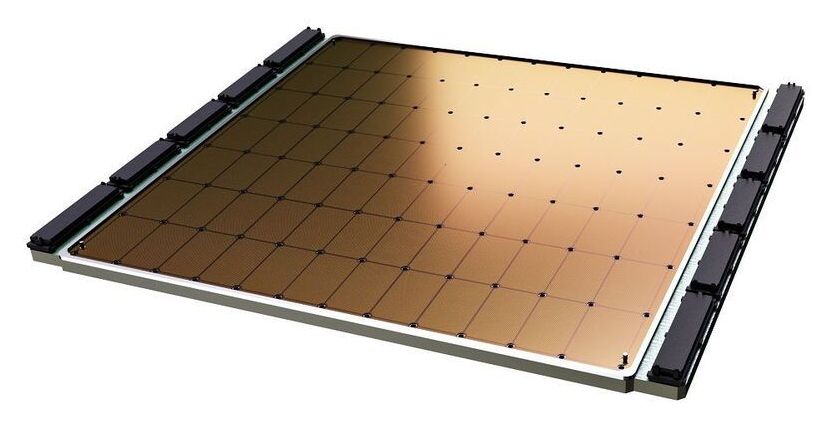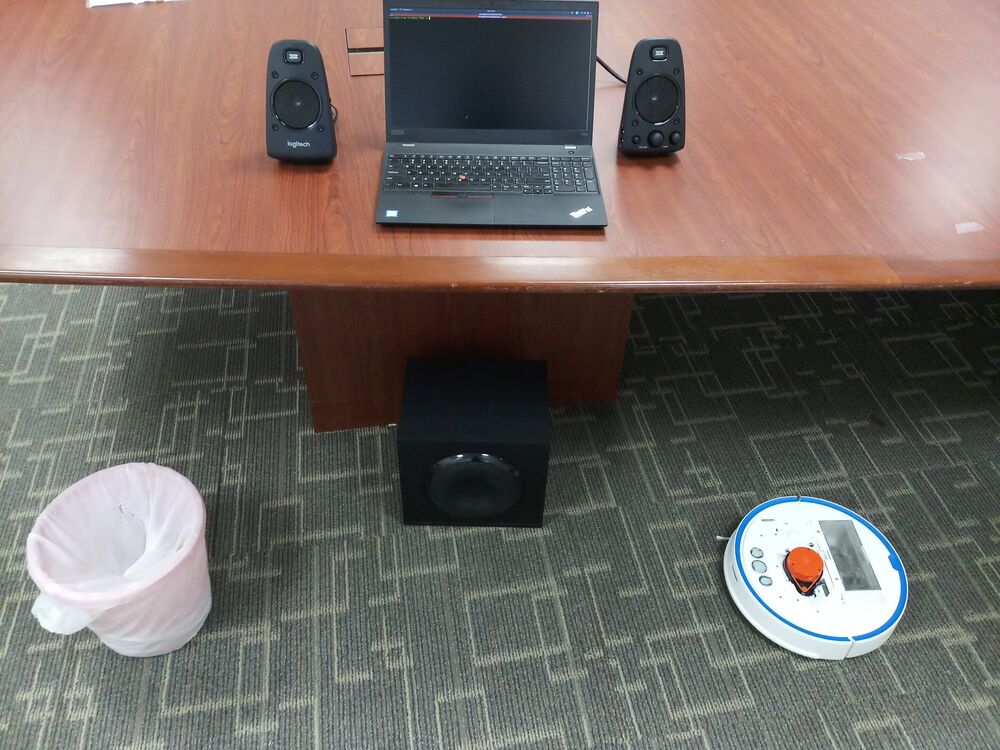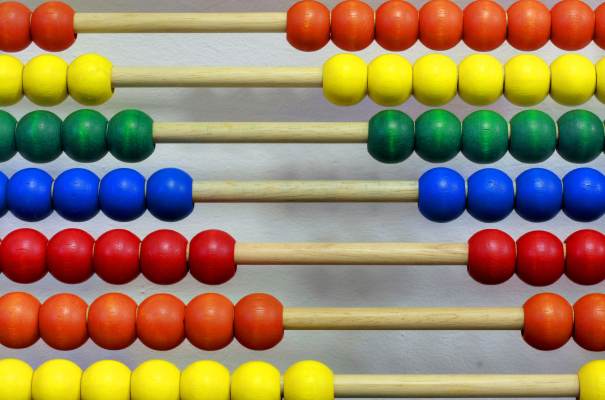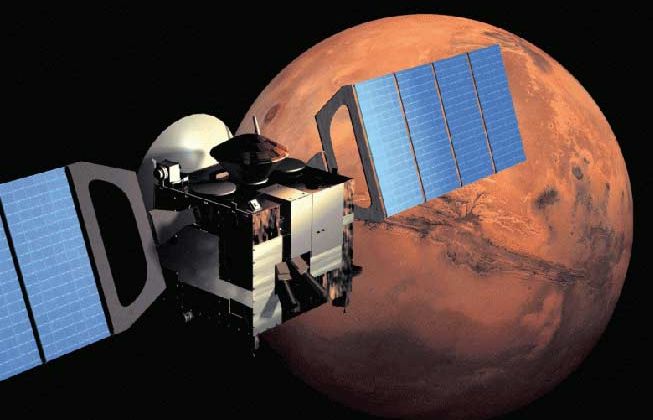
In Project Apollo, life support was based on carrying pretty much everything that astronauts needed from launch to splashdown. That meant all of the food, air, and fuel. Fuel in particular took up most of the mass that was launched. The enormous three-stage Saturn-V rocket was basically a gigantic container for fuel, and even the Apollo spacecraft that the Saturn carried into space was mostly fuel, because fuel was needed also to return from the Moon. If NASA’s new Orion spacecraft takes astronauts back to the Moon, they’ll also use massive amounts of fuel going back and forth; and the same is true if they journey to a near-Earth asteroid. However, once a lunar base is set up, astronauts will be able use microorganisms carried from Earth to process lunar rock into fuel, along with oxygen. The latter is needed not just for breathing, but also in rocket engines where it mixes with the fuel.
Currently, there are microorganisms available naturally that draw energy from rock and in the process release chemical products that can be used as fuel. However, as with agricultural plants like corn and soy, modifying such organisms can potentially make a biologically-based lunar rock processing much more efficient. Synthetic biology refers to engineering organisms to pump out specific products under specific conditions. For spaceflight applications, organisms can be engineered specifically to live on the Moon, or for that matter on an asteroid, or on Mars, and to synthesize the consumables that humans will need in those environments.
In the case of Mars, a major resource that can be processed by synthetic biology is the atmosphere. While the Martian air is extremely thin, it can be concentrated in a biological reactor. The principal component of the Martian air is carbon dioxide, which can be turned into oxygen, food, and rocket fuel by a variety of organisms that are native to Earth. As with the Moon rocks, however, genetic techniques can make targeted changes to organisms’ capabilities to allow them to do more than simply survive on Mars. They could be made to thrive there.



